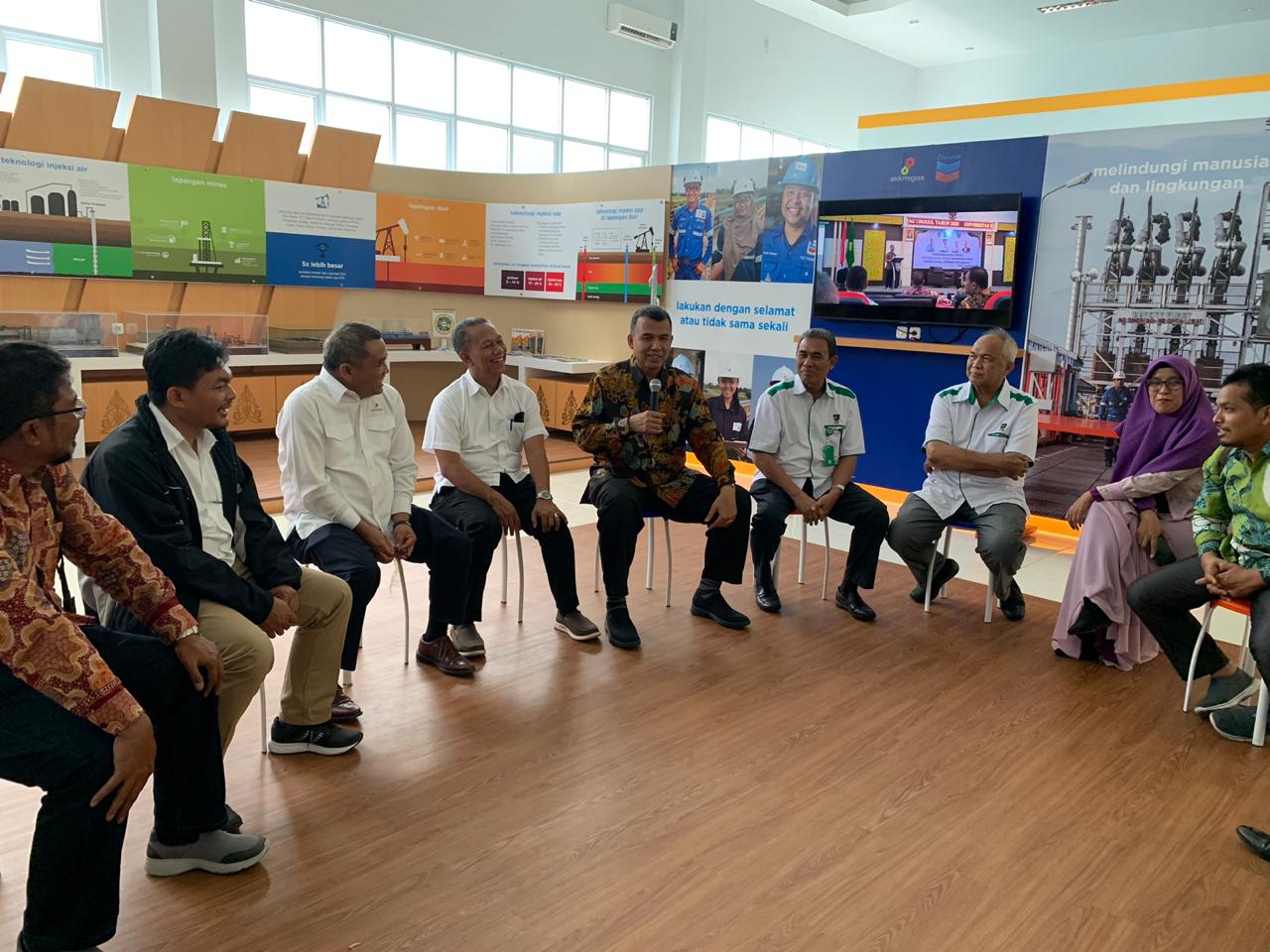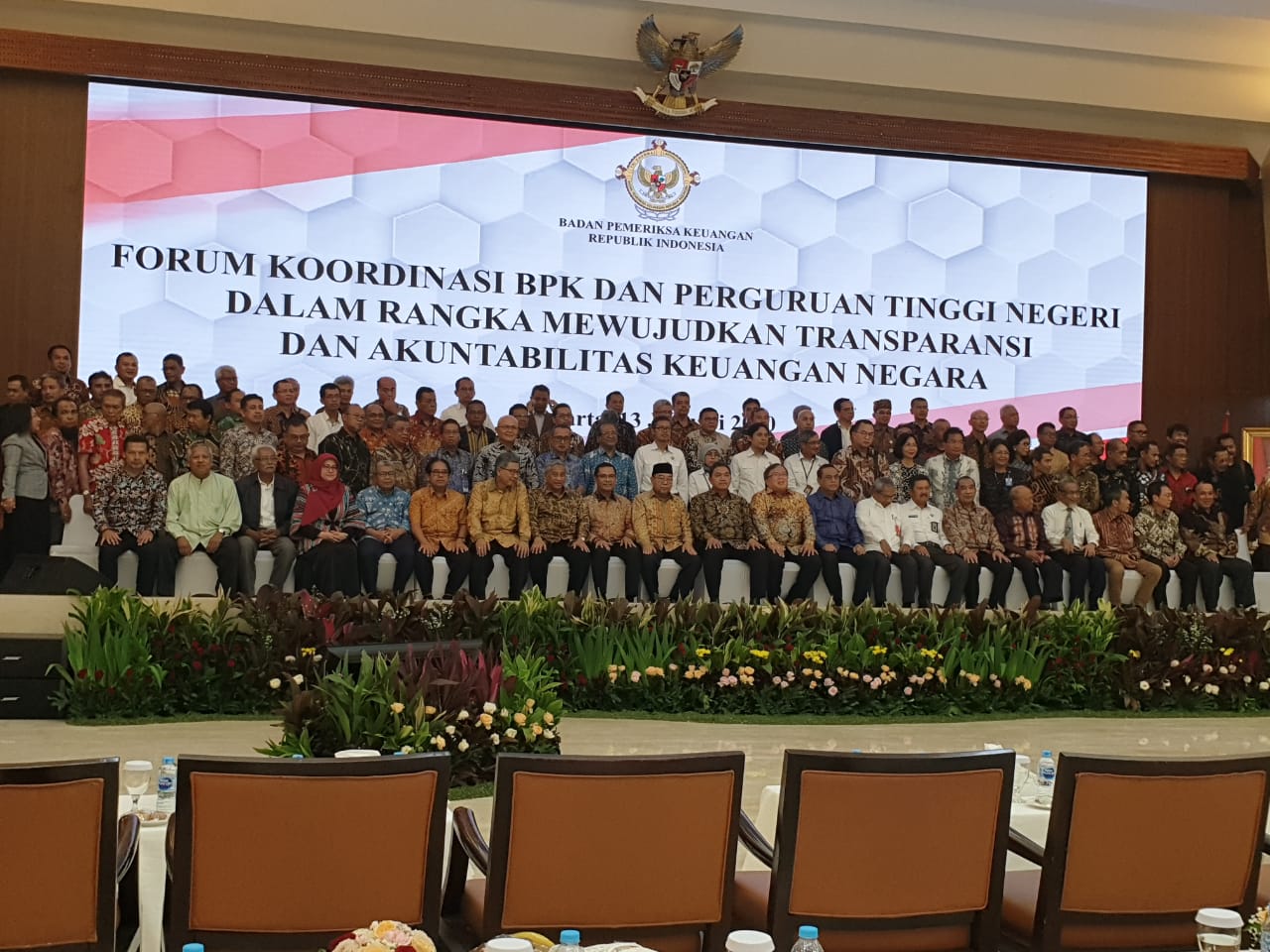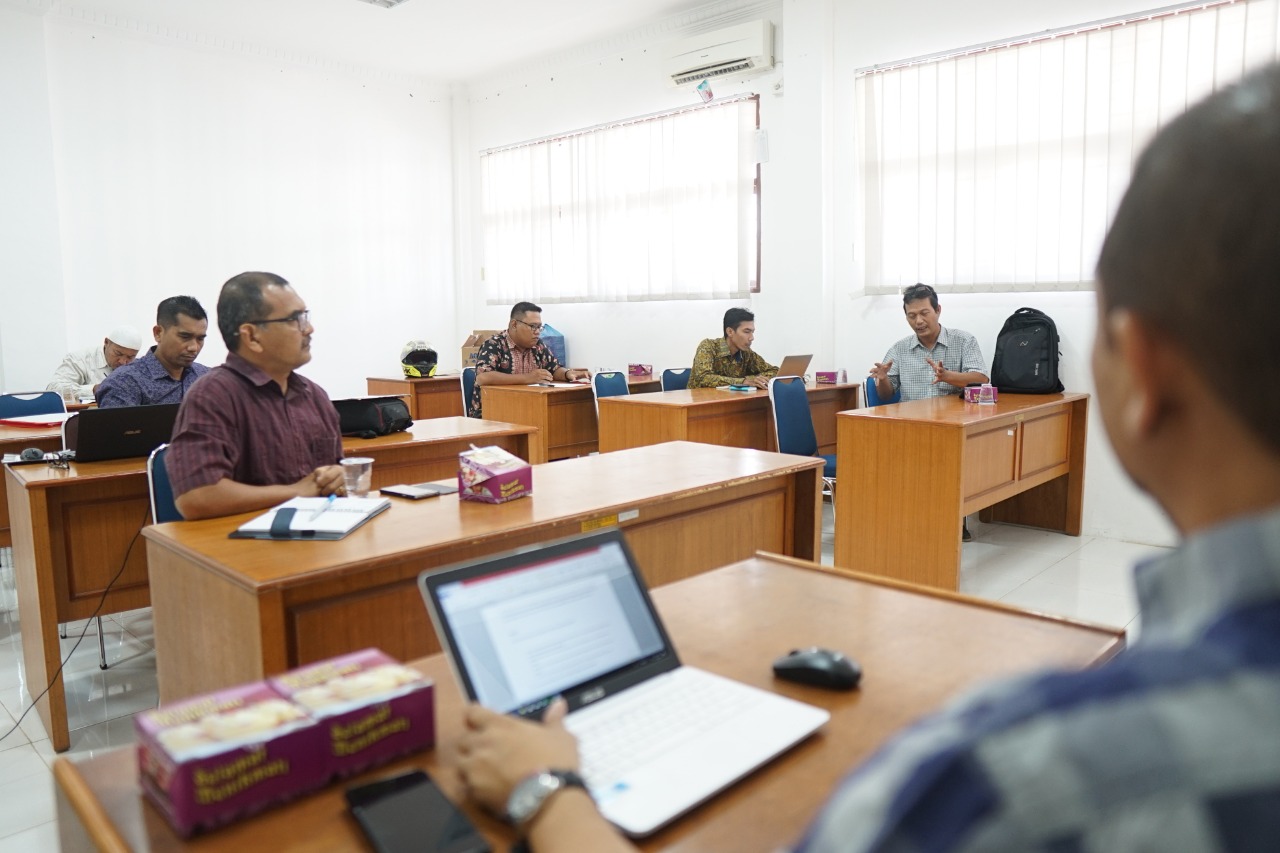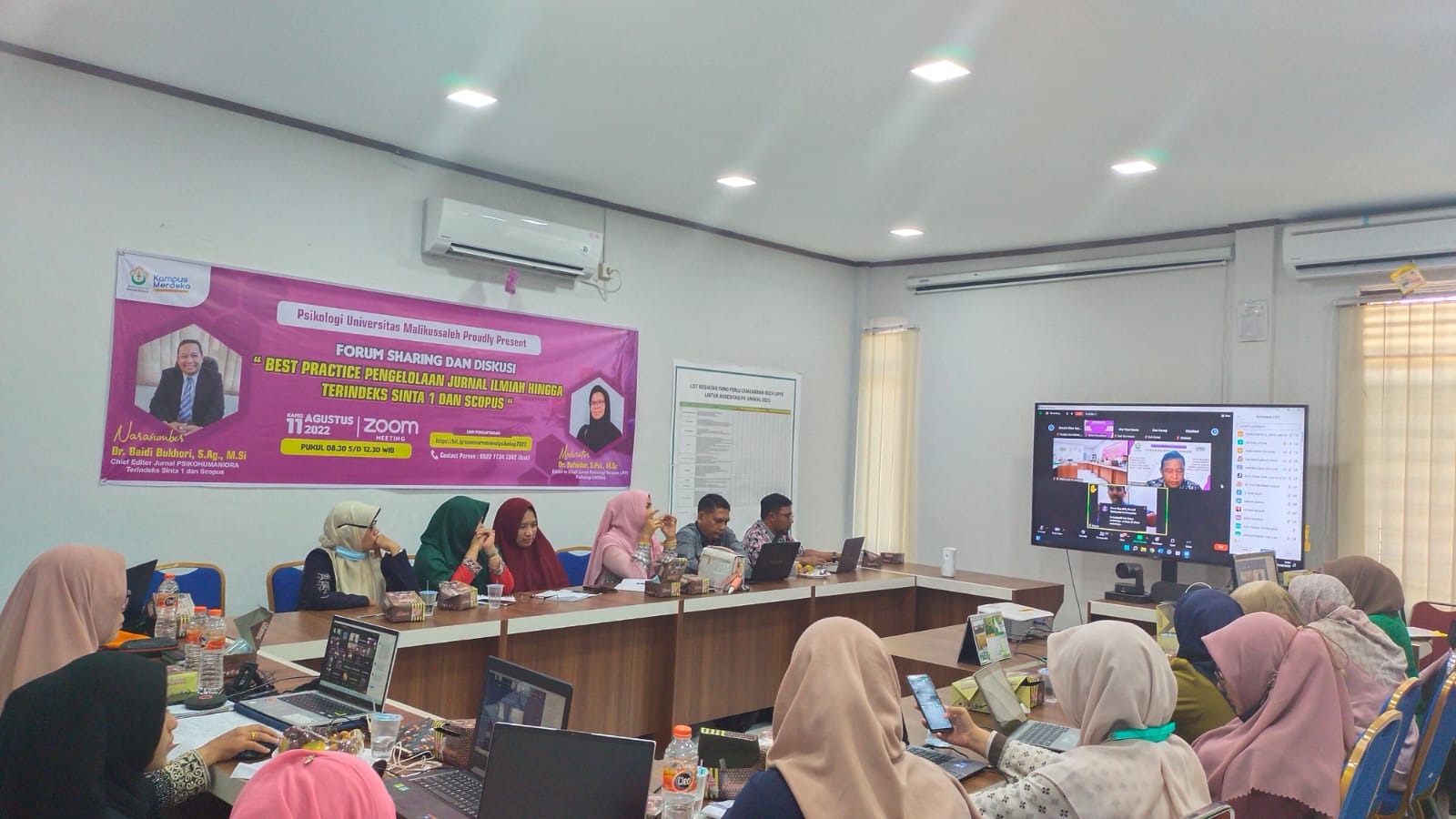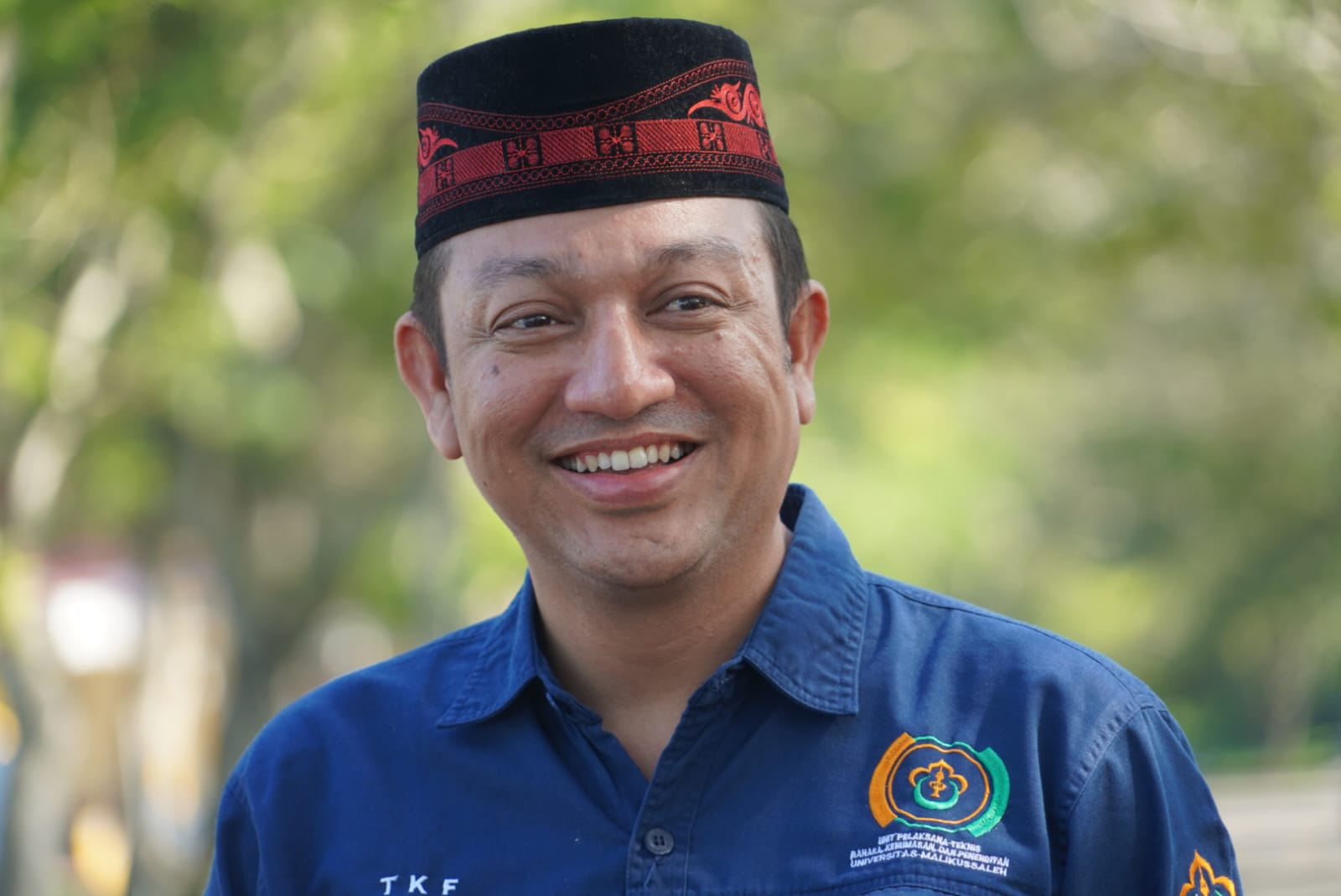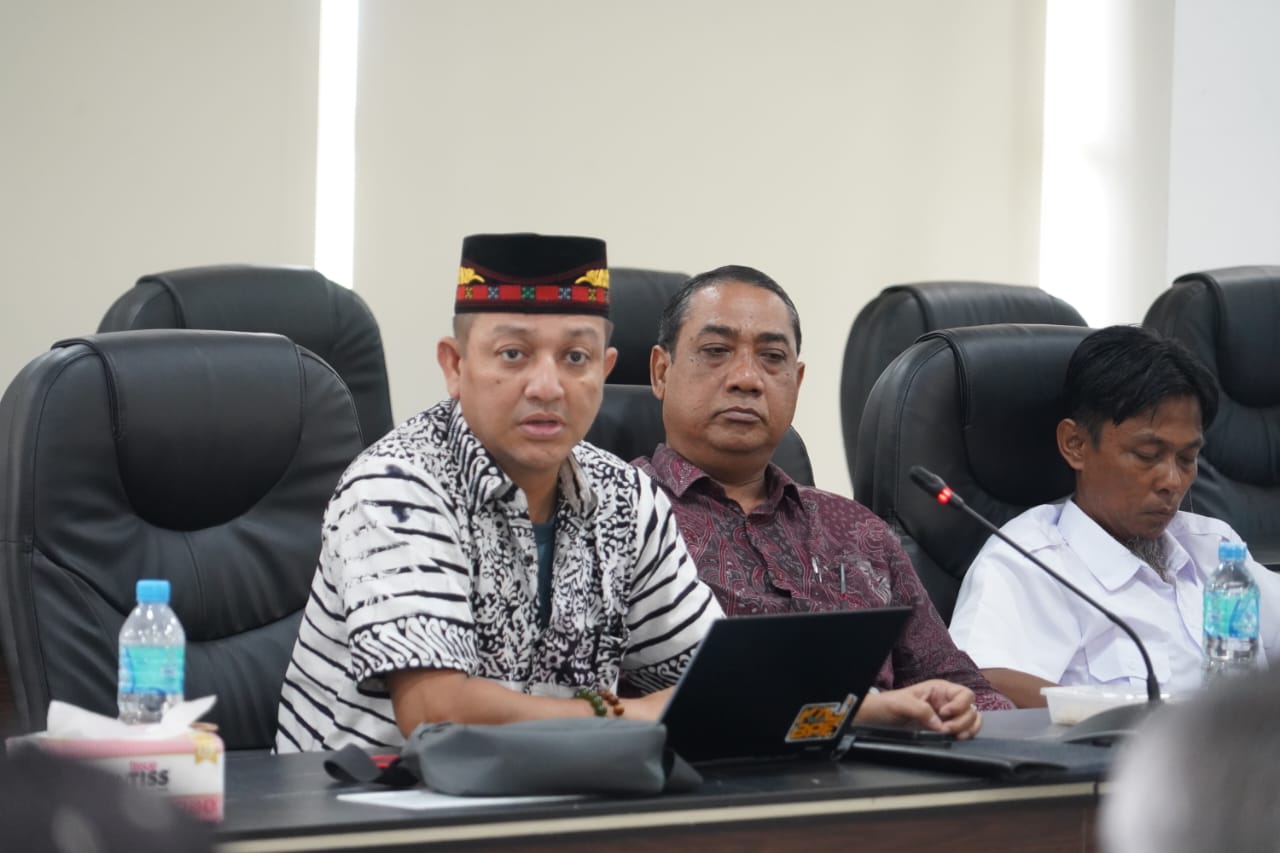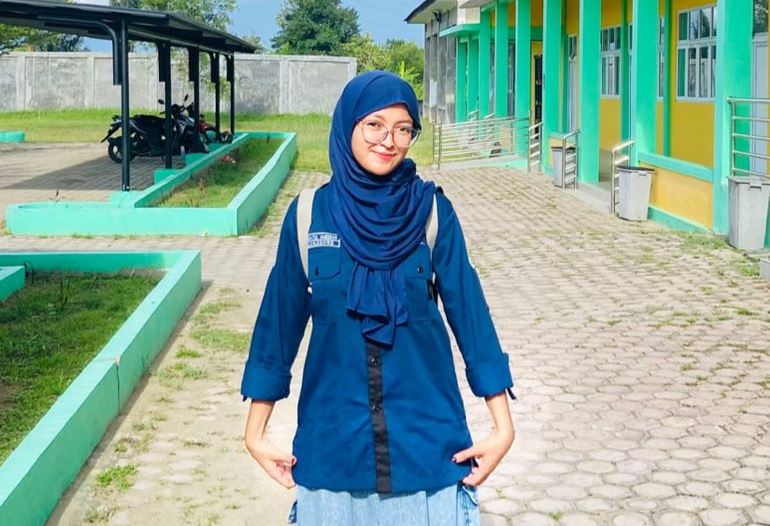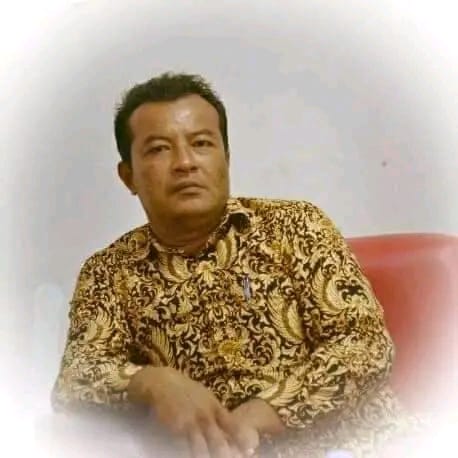SHARE:
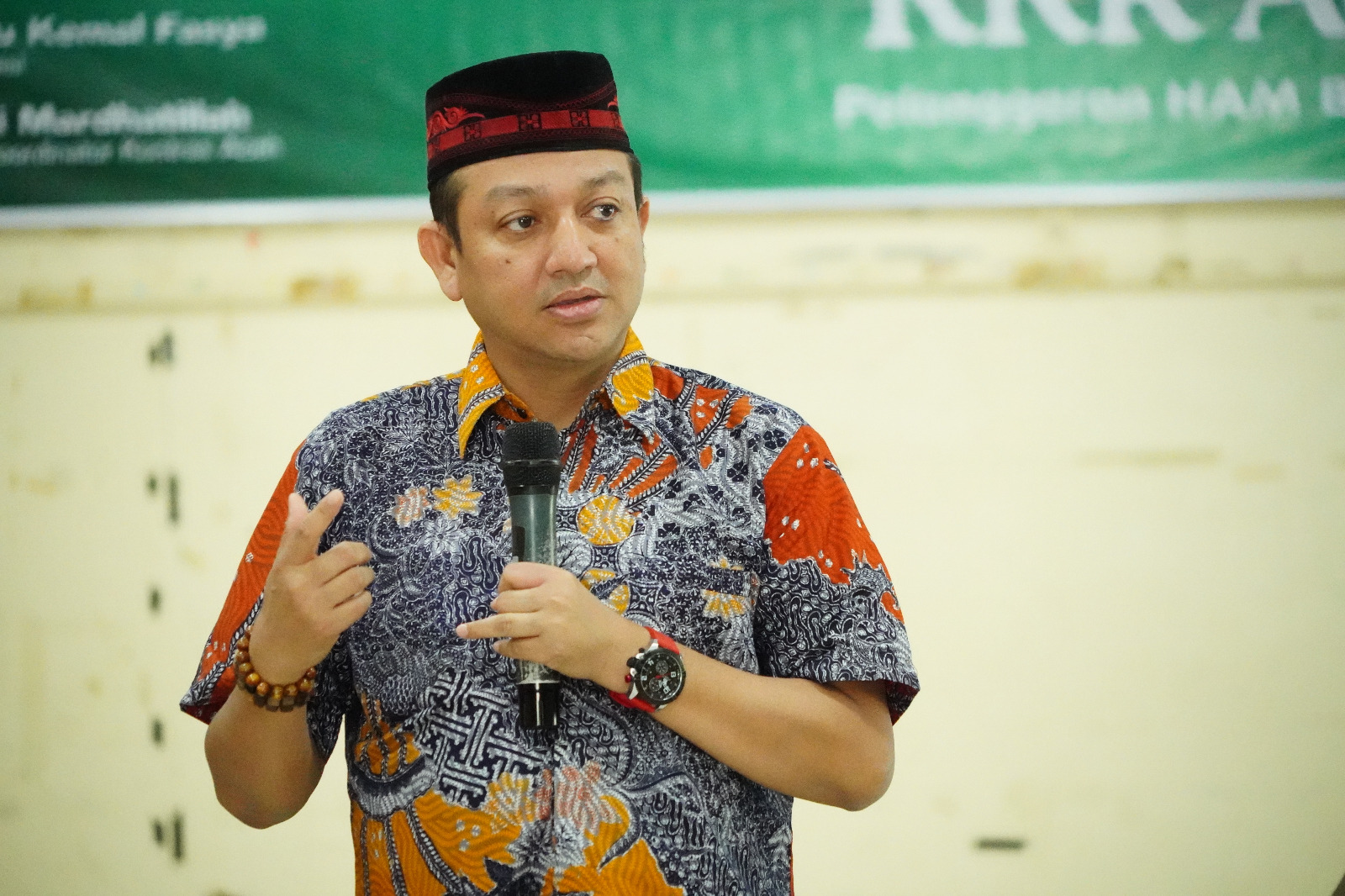
Teuku Kemal Fasya
Since late January 2024, social media, particularly Tiktok, has been flooded with posts related to the excitement of being selected as a member of the Election Organizing Group or KPPS. Similarly, there are Tiktokers who are sad because they were not chosen to be KPPS members. Ultimately, plans for marriage, buying a new house, graduation receptions, and overseas vacations have been dashed.
Of course it's just a meme or a caricatural statement. KPPS is the smallest instrument of election organizers which carries out the main task of collecting and counting on the D-day (14 February 2024). They are only paid once for a month's work. Apart from honorarium, there is only per diem technical guidance and induction. The honorarium is likely to be distributed as early as February 25 2024.
Members of the Election Commission were simultaneously inaugurated on January 25, 2024. The number of elected Election Commission members was 5,741,127 people and they were spread across 820,161 polling stations throughout Indonesia, serving as the people's voice fortress.
Soldiers of democracy
What is the actual salary of Election Supervisory Committee (KPPS) members? Judging by their salaries, one would not expect so many people to aspire to this job, especially those aged between 17-54 years. As explained on the General Elections Commission (KPU) website and disseminated through multiple media outlets, the honorarium for KPPS Chairperson is Rp 1.2 million and Rp 1.1 million for KPPS members. It's a small amount, not even enough to buy an engagement ring. Compare this to the salary of the District Election Committee (PPK) Chairperson of Rp 2.5 million and Polling Station Committee (PPS) Chairperson of Rp 1.5 million for a 15-month tenure.
Fortunately, the honorarium for KPPS has increased by over 100 percent compared to the previous election. In the 2019 election, the head of KPPS received an honorarium of Rp 550,000 and members received Rp 500,000. The author became the head of KPPS Overseas (KPPS-LN) in Kuala Lumpur during the 2019 election with an honorarium of almost Rp 7 million which was transferred two months after the election.
Of course, that's all in, with plane tickets and lodging that must be borne by KPPS-LN participants coming from Indonesia. The work process is not completed in one day. Voting was carried out on April 14 2019 and counting on April 17 (D+3). This year, the chairman of KPPS-LN received an honorarium of IDR 8.4 million and members IDR 8 million.
However, never underestimate the role of KPPS. They can be called the soldiers of electoral democracy. They are the ones most responsible for the purity of the election vote. Their workload is even multiplied as they have to work tirelessly for up to 36 hours nonstop!
The 2019 election was a lesson for limiting the age of KPPS officers. Reflecting on the last election that Jokowi won at that time, there were 894 KPPS officers who died and 5,175 were sick (Kompas.com, 22/1/2020).
The collapse of KPPS officials at that time was caused by the heavy workload that drained their energy, mind, and emotions. On average, officials who suffer from degenerative diseases (hypertension, heart disease, osteoporosis, diabetes) become dominant victims. Therefore, in this election there is an age restriction, where those beyond middle age to retirement age are no longer involved as KPPS officials.
The government is trying to rationalize KPPS salaries with workload, although this is also inadequate. The main problem with counting activities is the endless time interval. Efforts to facilitate electronic collection and counting mechanisms as is done in developed countries have not yet been agreed upon. There are suspicions that the server could be tampered with by hackers or the ruling regime, such as in the elections in the United States (2016), Russia (2018), and Turkey (2023), and this is the reason why this traditional model is still chosen in this era of digitalization.
The work of KPPS as mentioned in KPU Regulation Number 66 of 2024 regarding Technical Guidelines for the Implementation of Voting and Vote Counting in Elections will begin to become more intense starting from H-5 by announcing the location of the TPS. On the day of the election, activities will begin with a meeting that starts at 07.00, distributing five types of ballots to registered voters (DPT), and handing over the ballot boxes and their equipment to PPS. Please note that there are no forbidden words in this article.
Maintain integrity
Now all eyes will turn to the role of KPPS. All stages of the election will culminate on the D day and KPPS will be the leading gladiator. Even though there are roles of Subdistrict/Village Supervisors (PKD) and TPS supervisors from the ad hoc ranks of Bawaslu, witnesses from each political party, election observers, and TNI-Polri officers as security, KPPS is the "main authority" of the TPS .
From the author's observations, there is a KPPS that involves village officials. There are also village heads and heads of village affairs (kaur) who are elected. Likewise, there is the case of novice voters who become chairman of KPPS. This is because it is not easy to choose KPPS uber alles. Indeed, there is no prohibition on state civil servants (ASN) becoming members of the KPPS, although almost no civil servants take that role.
However, this can be overcome with technical guidance and quick learning from experienced participants in previous elections. Similarly, there are election criminal threats if KPPS members act deceitfully or unprofessionally during their duties.
In the Election Law No. 7/2017, it is stated that there are criminal sanctions for KPPS who fail to carry out voting (Article 502 of Law No. 7/2017); fail to make a report (Article 503) and a copy of the report on voting (Article 506). The maximum penalty is one year imprisonment and a fine of Rp 12 million.
Similarly, members of the KPPS who are involved in vote-buying will be subject to a maximum criminal penalty of three years in prison and a fine of IDR 36 million (Article 523 Paragraph 3). The most severe punishment is reserved for KPPS members who render a voter's rights invalid or who add votes for a participant in the election. In these cases, the member in question could face a maximum prison sentence of four years and a fine of IDR 48 million (Article 532).
Returning to the role of KPPS, even though their honor is only once, they must be able to leave a lasting impression. A sweet impression can be gained if they make this moment a positive value for electoral democracy. However, a sense of regret will be gained if they get caught cheating and end up behind bars.
With a breath of heroism and professionalism, KPPS can maintain the dignity of the election. Likewise, they can fulfill the KPU's desire to make "2024 Elections a means of national integration" and Bawaslu's motto, "Together with the people uphold election justice ”. KPPS's honest and fair work will show whether the survey results that have been circulating so far represent the voice of the people or only the voice of the ruling elite and aristocrats.
Teuku Kemal Fasya, Lecturer in Anthropology, Faculty of Social and Political Sciences, Universitas Malikussaleh.
This article was first published on Kompas.id, 14 Feb 2024.


